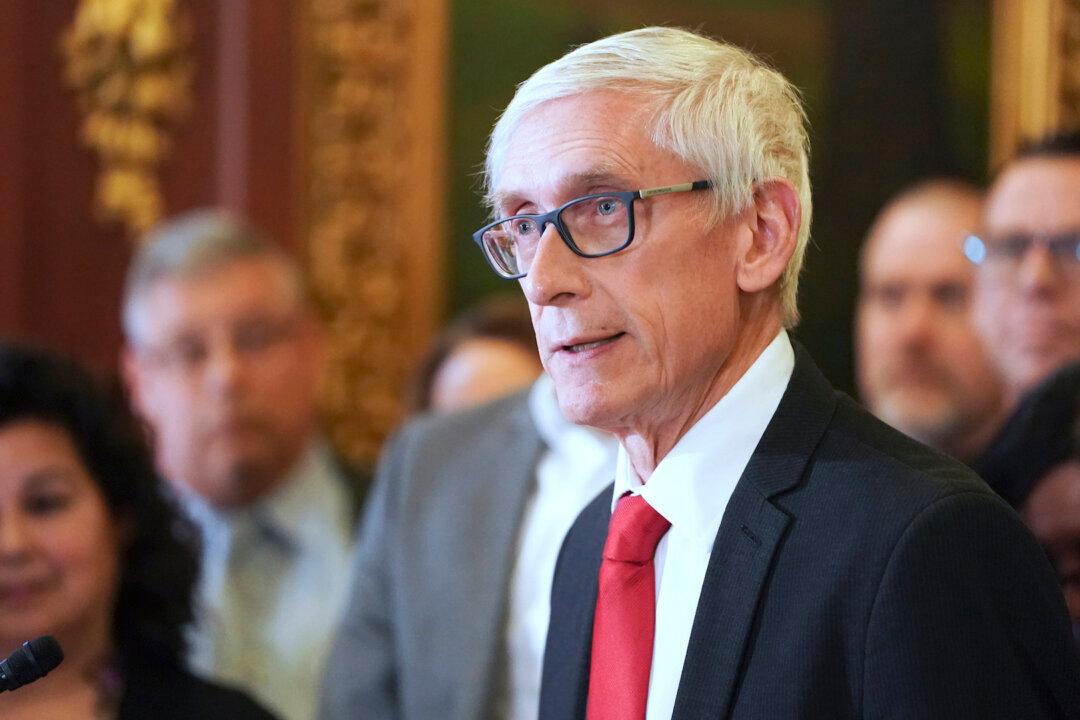Wisconsin Gov. Tony Evers on Monday rejected the University of Wisconsin (UW) System’s proposal to modify state law to conform with new federal rule issued by the Education Department about how schools should handle sexual harassment and sexual assault allegations.
The Title IX rule, announced by Education Secretary Betsy DeVos in early May, focuses on guaranteeing those accused of sexual misconduct with due process protections such as presumption of innocence, live hearings, and cross-examination with the accusers. It also adopted a stricter definition of sexual harassment as defined by the U.S. Supreme Court.





